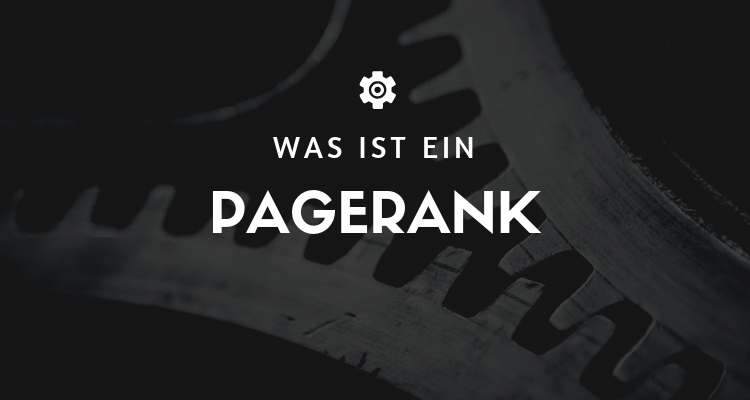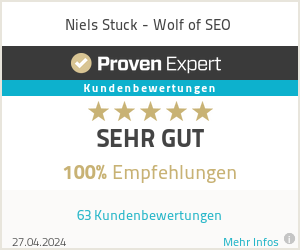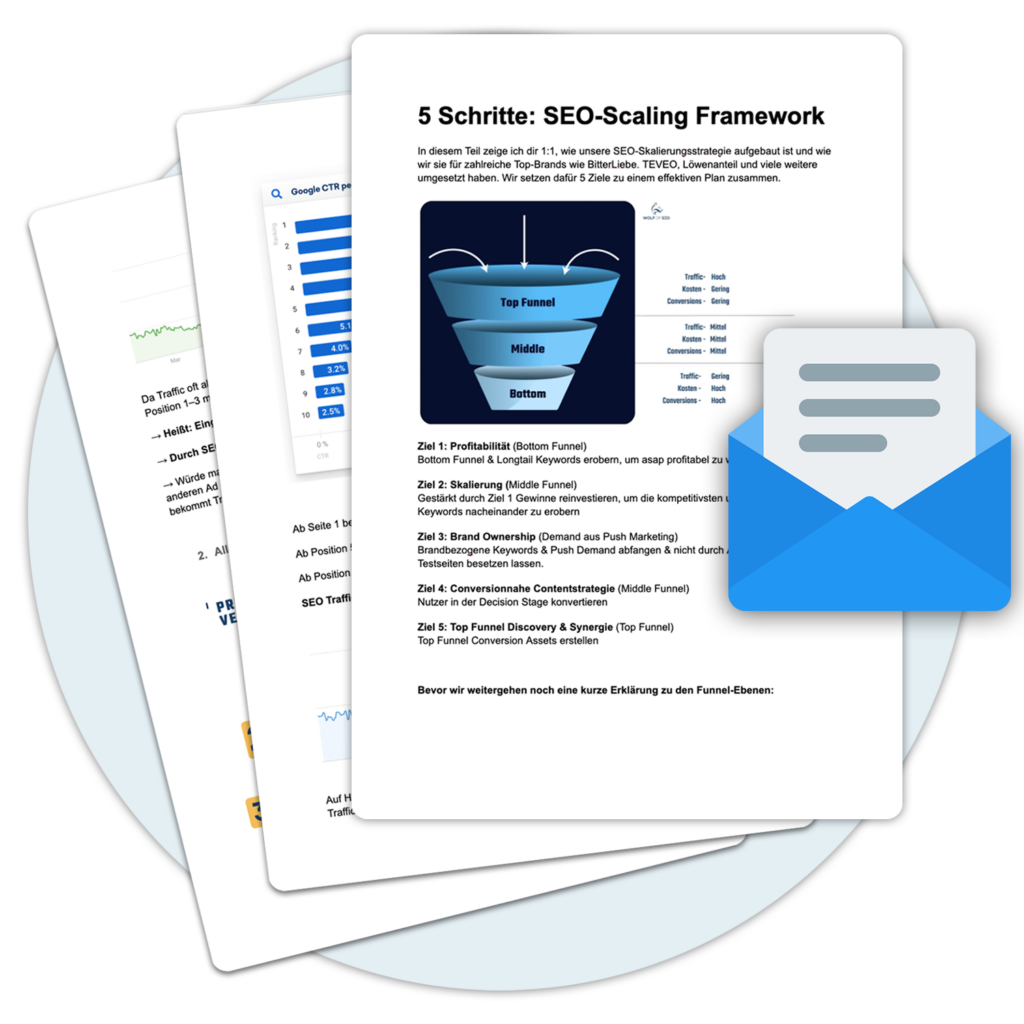
When a user enters a search query, the primary goal of the Search Engine, to deliver high quality, relevant and pertinent results that best give him what he wants. One of the over 200 factors Google considers to determine which web pages best match the search query is PageRank.
What is a PageRank?
The PageRank (PR) is a calculation invented by Google founders Larry Page and Sergey Brin that evaluates the quality and quantity of links to a web page to determine a relative rating of the importance and authority of a page on the scale of 0 to 10.
The top websites set the bar, so to speak, and the 10-point scale drops exponentially from there.
So have PageRank 5 websites have a solid amount of inbound links, PR 3 and PR 4 websites have a reasonable amount, and brand new websites with no inbound links pointing to them start at PR 0.
How does the PageRank algorithm work?
Although Google's algorithm is far more complex today and takes many other factors into account, it remains PageRank a fundamental element.
The principle is quite simple: PageRank values the quality and Relevance of a web page based in part on the number and quality of links pointing to that web page. It's like asking for the most popular student in a class. If many people (websites) like you (your website) and say so publicly (link to you), then your popularity (PageRank).
Now to the concrete examples:
- The source countsImagine you are a young artist. Praise from a famous artist like Banksy would be much more valuable for your career than praise from an unknown street artist. It's the same with PageRank. If a high ranking site links to your site, that is more valuable than many links from less relevant sites.
- Quantity vs. quality: If you have 100 friends, all of whom are barely known, and I have only one friend, but that's the president, then you could argue that my social connections are more valuable. It's the same with the PageRank: One link from a very authoritative site can be more valuable than dozens of links from inferior sites.
- Reciprocity is not a must: In the real world, people often expect something in return for favors. In the PageRank-universe, this is not necessary. You can get links from high quality sites without having to link in return.
- Number of outbound links: If a web page links to 1000 other pages, then the PageRank "juice" is distributed to all these 1000 pages. However, if the page links to only 10 pages, then each of these pages gets a much larger share.
Conclusion: PageRank is essentially a popularity contest, but it's not just the number of fans that counts, but also their quality. It's like high school, only much more complex and with more math behind it. If you're high in the PageRank you need good, quality links that point to your site. And just like in real life, quality comes before quantity. So, Aim to get links from high quality and relevant sites, and you're well on your way to climbing up the Google search results.
Is PageRank still relvant for SEO?
NOTICE: You may be curious what the PR score of your website or competitor is. But Google gives the PageRank-value for websites is no longer revealed. Previously, it was displayed at the top of web browsers directly in the Google Toolbar but due to the exaggerated focus of website operators on this number, it is no longer displayed. And also PR data are no longer available for developers via APIs available. Even if it is now hidden from the public, remains PageRank nevertheless an important component of the secret Ranking-Algorithms from Google.
As Google offers the best possible Search results that are high quality, relevant and trustworthy, it can provide websites with better PR results in the SERPs provide, although PR is only one of many considered Ranking-factors.
Since PageRank only one factor in the GoogleRanking-algorithm, it is important to remember that high PR does not guarantee high rankings - but it can help significantly.
How Google updates have refined the PageRank algorithm
Google has made a number of updates over the past few years that have changed the way it handles Backlinks have refined significantly. The goal is always, manipulative practices to recognize and at the same time pages with real added value reward.
Penguin update (2012): This is probably the most famous update when it comes to Backlinks goes. Before Penguin, by buying links or posting links in comments and forums, sites could easily increase their PageRank polish. The Penguin update has put an end to that and punished websites that tried to manipulate. Since then the Quality of the Backlinks more important than quantity.
Disavow-Tool (2012): Google has introduced this tool so that Webmaster can report harmful links that lead to their site themselves. This was particularly helpful for sites that had already been affected by bad links and wanted to improve their PageRank-ranking wanted to improve.
Pirate Update (2012): This update has penalized sites that publish copyrighted material without permission. If such sites have previously been punished by many Backlinks achieved high rankings, they dropped after this update.
Hummingbird (2013): Even though this update mainly improved semantic search, it also influenced Backlinks. The Relevance and the context of the linking page have been weighted more heavily since then.
Fred update (2017): This update has mainly targeted sites that are User experience and quality neglect, but still try to rank high through an aggressive backlink strategy.
Link-Attribut-Updates (2019/2020)Google has introduced the link attributes "sponsored" and "ugc" to add even more context. Backlinks to receive. This allows Google to better understand which links are promotional or from user generated Content origin, and evaluate them accordingly.
The days of being able to make a difference by simply collecting Backlinks at the top of the GoogleSearch results are over. Google is getting better and better at it, distinguish high quality from bad links. So if you don't want to be the focus of Google's punitive measures, the focus should be on building high-quality, topic-relevant Backlinks lie. Quality before quantity is the motto.
Conclusion about PageRank
PageRank is basically the Origin of modern SEO. When Google introduced the algorithm in the late 90s, it revolutionized the entire search engine landscape. SEO used to be something like the Wild West, but thanks to PageRank there is now a sheriff in town who keeps order.
In the early days the PageRank almost a simple popularity scale: The more links a page had, the higher was the PageRank. But Google quickly realized that the system was vulnerable to manipulation. Those who had enough money could simply buy links and thus increase their Ranking push. This was not what the inventor had in mind, because Google wants to give its users the best possible and most relevant results deliver.
Since then, Google has made a series of updates to refine and Fight spam. Today it is much more difficult to trick the system. Quality and Relevance are the focus. For example, if you blog about nutrition and get linked from a reputable health site, that carries a lot more weight than a dozen links from questionable forums.
But be careful, the PageRank is not the only factorthat your Ranking Influences. Google takes into account hundreds of signals, from your page load time to user experience. PageRank is therefore only one piece of a huge puzzle.
The most important thing you should take with you is: Focus on quality instead of quantity. Create quality content that is relevant to your target audience, and the links (and the PageRank) will follow. Do not try to trick the system, because Google will punish you rather than reward you.
So that's it, PageRank is a constantly evolving, complex system, but it is still at the heart of Google's search algorithm. And as long as Google remains the number one search engine, the PageRank remain relevant.
« Back to Glossary Index




 By
By 